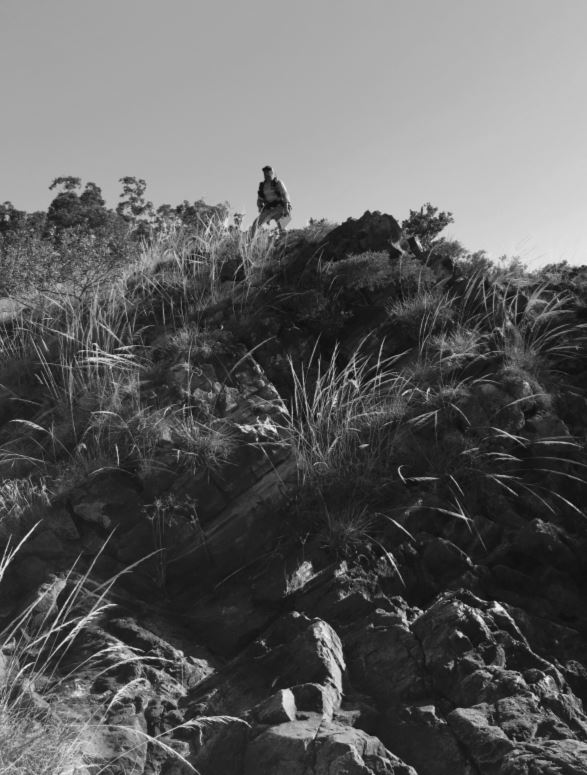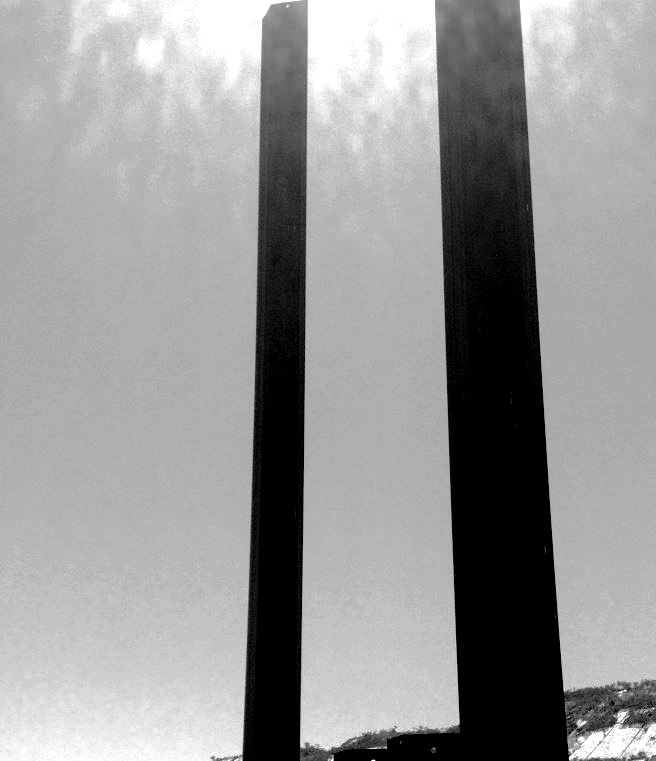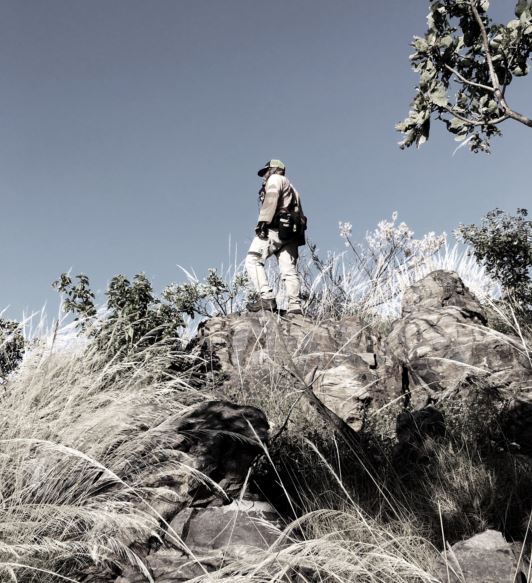Self-reliance was made famous by Ralph Waldo Emerson in his essay “Self Reliance” published in 1841. The concept of Self Reliance was a hallmark of the transcendentalist movement made popular in the 19th century. Emerson argued that the individual should strive to avoid conformity and consistency in favor or demonstrating their true nature as granted by the Divine principle. The philosophy was strongly in favor of individualism, free thought and personal responsibility. Emerson wrote that time be better spent on the development of one’s character through introspection than on seeking to “fit in” to the mainstream of thought and opinion.
“A foolish consistency is the hobgoblin of little minds, adored by little statesmen and philosophers and divines.” – Ralph Waldo Emerson
Diogenes
Alexander the Great once requested an audience with Diogenes an ascetic of some fame. Diogenes, who’s philosophy of living well in poverty and being completely self reliant in all things had earned him the respect of the greatest military leader of all time. Alexander found Diogenes lazing in the sun completely unperturbed by the arrival of the Macedonian King and his entourage. When asked by Diogenes if he desired anything, he simply replied “I desire only that you move yourself out of my sun”. Alexander duly complied as here was a man who neither feared him nor wanted anything he could offer.
Self-Trust
When we are self-reliant we not only know ourselves but we also implicitly trust ourselves. Being able to trust one’s self beyond doubt is a rare trait. Most people might think they know themselves and trust their judgement but do they really? Being self reliant is about knowing what we want and how to get it. It is about being true to with ourselves. This does not mean that being self reliant is to isolate one’s self in a cabin or practice non-conformity as a principle. It is about having the ability to take what you need and to leave the rest with confidence. Self reliance is claiming one’s self determination, independence, autonomy and sovereignty. It is about being one’s own person that can stand out on their own two feet without having to blindly follow others.
“People who truly understand what is meant by self-reliance know they must live their lives by ethics rather than rules” – Wayne Dyer
Self not Self Reliance
I was one of those Alcoholics who enjoyed thumbing my nose at others. I was belligerent and obstinate I my views. Selfishness masqueraded as self reliance. The truth was that I had no real principles or values to mention and my mind could sway from one opinion to another depending on my mood. I was easily led, especially to the bar. In many ways I was owned by others and the booze definitely had me. Self reliance is not laziness, selfishness, obstinacy, ignorance, aggression, dishonesty and easily compromised morals. Those are the hall marks of alcoholism and narcissism.
“Self-reliance is the key to a vigorous life. A man must look inward to find his own answers” – Robin Williams
Seeking Balance
Being Jedi is finding the balance between being self reliant and conformant. We are able to respect rules, traditions and conventions and conform when necessary. To do otherwise would make us Anarchist or a Grey Jedi at best. In order to be true to a philosophy for life there are certain things we should do and certain things we should not. Self-reliance does not give us permission to do whatever we please.
Being firm in our principles and values means that we are self reliant enough that they cannot be easily swayed. We are not inflexible in our views and opinions however; we have a free mind and can judge the merits of opinions and ideas as they come to us without being swayed by hype, hashtags or “popularism”. Self-reliance does not make us better than everyone else or a loner, it makes us independent thinkers. We own our own minds.
“What lies behind us and what lies before us are small matters compared to what lies within us” – Ralph Waldo Emerson
With Surety
Self-reliance is important in our recovery. One must be able to trust themselves. For example if I cannot enter a bar with complete confidence that I will not be swayed or tempted to drink my sobriety is on thin ice and my self reliance is weak. Having a Higher power which we can surrender our lives too give us the spiritual strength to be able to overcome those time when our emotions are ragged. It is about being able to surf strong emotions and recognize HALT moments for what they are; a chance to practice the principles that make us self-reliant. We can be hungry, angry, lonely or tired without using it as an excuse to be an asshole and get drunk. We are the master of our own domain and can feel safe enough in our own company to weather any storm under the shelter of our faith in a Higher Power. Being self reliant is doing the right thing, no matter what all of the time. It is about having surety in one’s self.
Training to be Self Reliant
Being self-reliant is therefore having responsibility and accountability for one’s decisions and actions. A person must be informed and able to critically judge information on their own and make decisions based on knowledge and guided by personal values.
There are a number of strategies I use to build self-reliance which are part of the daily practices within Jedi Philosophy.
- Stay Healthy: This means being conscious of what we eat and drink, listening to your body and getting adequate rest and relaxation. If you are able to cut down on junk food and refined sugars and otherwise have a balanced and healthy diet, great! Alcohol is off limits in my case but otherwise the American Medical Association recommends no more that 14 units of alcohol spread over a week for both women and men. The medical profession suggests that no alcohol is best.
- Physical Activity: 30 minutes or more of light to moderate physical activity is recommended on a daily basis. Each individual will have their own needs, goals and limits. A program for losing weight will be different to a goal of increasing strength. Likewise increasing cardio fitness will require a different regime to putting on muscle mass. The key is to move your body.
- Mental Fortitude: Try depriving yourself of a luxury on occasion, run the odd cold shower or sleep on the floor once in a while. Spend less time on social media and impose a media fast on yourself for a week if you can. Put the smart phone on silent or leave it in the drawer. Decide to go a day without getting angry for any reason, if you succeed, stretch it to two days and longer. Meditate daily or as often as you can.
- Minimalize: Go through the clutter of your life and discard what is not needed. Donate clothes and other items to charities. Review your commitments, which are really necessary? Re-assess how you spend your time and with whom and cut down on the activities that are mere distractions or negative.
- Travel: If you are able, sell your junk and put the rest in storage and go travelling. Set no limits, just go wherever your fancy takes you. Solo travel is the greatest school for self-reliance there is. You will learn a lot about yourself and others. A solo traveler often has no one but themselves for company.
The Jedi had to be self reliant, the nature of the job demanded it. Self reliance is also critical for a recovering addict. There is will power, self control and self discipline in being able to abstain from drinking but sustained and contended sobriety require much more. Conviction in one’s abilities and faith in a power greater than one’s self has been the most important aspect of my journey so far. Only you can steer your life in the direction you want to take it. It is your life, your responsibility don’t rely on others too much.







